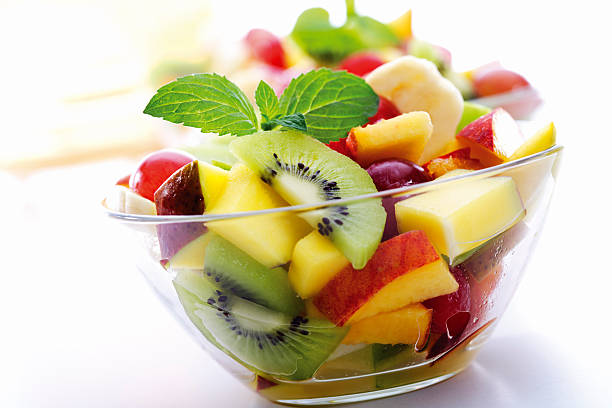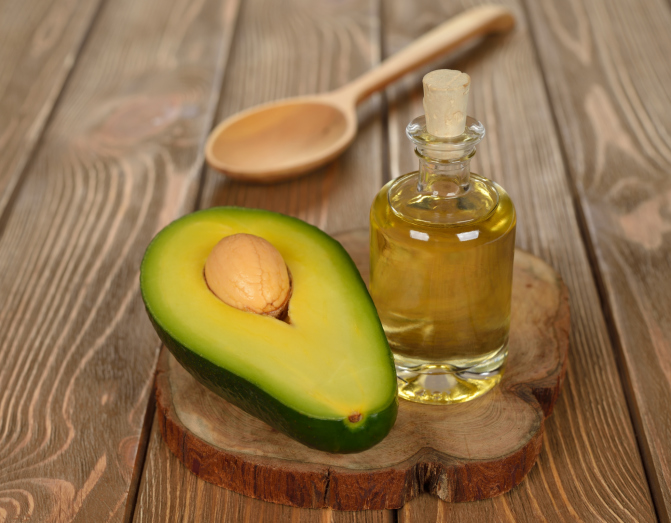
Listen, we all know exercising, and dieting has their challenges. Especially when there are so many tasty food options in the world. But eating healthy can be especially challenging for those with HIV/AIDS. For most, an altered diet is necessary to maintain health and well-being.
That's why we've created this comprehensive resource designed to make good nutrition easier than ever. You may find some foods you like and recipes you never thought of using. Use this list to your advantage because eating smart can save your life.
The Best Foods to Eat From Each Group
Vegetables
Eating vegetables may not sound too appealing, but there are ways to cook them that can turn them into a five-star dish without losing much of the nutrients. Try recipes such as roasted Brussels sprouts, grilled asparagus, or a vegetable stir-fry.
Steamed broccoli is a staple in many healthy dishes because it can be seasoned to perfection. They go well with salt, pepper, garlic, lemon pepper, and whatever you can think of.

Fruit
Fruit is nature's candy, and it can give you the perfect sweet treat without all the sugar that comes with candy or other desserts. Berries are some of the best to eat because they offer a variety of vitamins and minerals like potassium, fiber, and Vitamin C.
Apples are great sources of fiber as well, so feel free to mix up your favorite fruits for a tasty snack. Or, if you're feeling adventurous, try adding some fruit to your breakfast omelet.
RELATED: 5 Things You Can Do Right Now To Improve Your Nutrition

Grains
Grains, such as oats and quinoa, have plenty of protein and fiber. That makes them great sources of energy for those living with HIV/AIDS. Whole-wheat pastas are a great source of protein and carbohydrates that can fill you up without weighing you down.

Healthy Fats
Healthy fats are an important part of any balanced diet, and can help reduce inflammation. Avocado is a great source of healthy fat, as well as olive oil and nuts. Try adding some of these to your salads or snack on them throughout the day for a boost of energy.

Lean Meats and Bean
Some of the best foods you can eat are meat and some beans. Lean beef, pork and chicken are all great sources of protein. Additionally, beans offer plenty of nutrients such as iron, zinc, and magnesium to help people living with this deadly disease stay healthy.
No one says it is easy to give up your favorite foods, but just a few simple changes that we know you can make will ultimately improve your life.
How to Manage Discomfort
Numerous factors can lead to discomforting feelings such as nausea, diarrhea, constipation and so forth. Eating healthy foods is a sure way to help manage discomfort.
Drinking plenty of water throughout the day to stay hydrated and avoiding highly processed, sugary, and deep-fried foods can prevent nausea. Eating high-fiber foods such as vegetables, fruits, whole grains, nuts, beans and legumes can help with constipation.
If you’re feeling nauseous, try eating smaller meals throughout the day instead of three large meals. And lastly, if you do find yourself wanting to indulge in one of your favorite treats, have a few bites and call it a day!
RELATED: Nutrition Tips For Persons Living With HIV
How Obesity Affects HIV
Now we have to talk about how your size affects your illness. For those living with HIV, obesity can lead to complications like heart disease and type 2 diabetes.
Obesity is an independent risk factor for developing HIV-associated infections, such as TB or fungal infections. It also increases the chances of some cancers associated with HIV infection. In short, being overweight while having HIV/AIDS is not very fun.
Getting on top of your diet will reduce not only your belly size but also the chance of developing other sicknesses.
Bottom Line
Eating healthy is essential for those living with HIV/AIDS. Eating a balanced diet of nutritious foods helps you stay healthy and manage discomfort. While it may take some time to get used to the changes, it's worth it in the long run! So, don’t be afraid to make a few adjustments here and there that can make a big difference.










